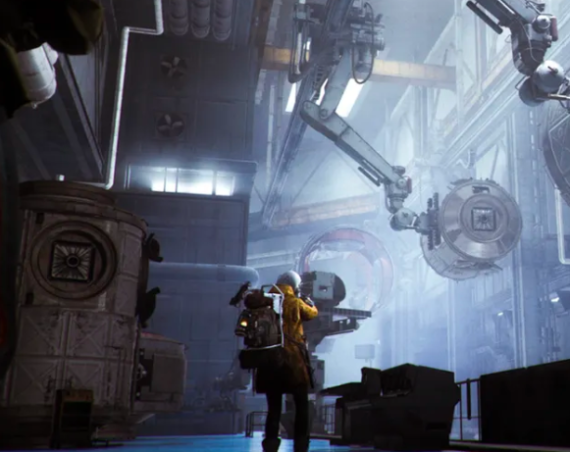
Dan Houser Explains Why Bully 2 Never Materialized
Dan Houser, co-founder of Rockstar Games and lead writer behind iconic titles like Grand Theft Auto and Red Dead Redemption 2, recently opened up about why a sequel to the cult classic Bully never came to fruition. In an insightful discussion at LA Comic Con, Houser attributed the absence of Bully 2 to what he described as “bandwidth issues,” underscoring the challenges developers face when managing multiple projects within limited resources.
Understanding Bully’s Cult Status and Legacy
Originally released in 2006, Bully quickly developed a passionate fan base. The game creatively distilled the open-world freedom Rockstar Games is renowned for into a quirky, mischievous boarding school environment. Players navigated social hierarchies, engaged in mini-games, and charmed audiences with humor and unique storytelling. Despite its popularity, unlike Rockstar’s other flagship franchises, Bully never evolved into an ongoing series.
Resource Constraints in Game Development
Addressing why Bully 2 wasn’t developed, Houser said:
“I think it was just bandwidth issues. If you’ve got a small lead creative team and a small senior leadership crew, you just can’t do all the projects you want.”
This candid explanation highlights a widespread issue in game development: balancing ambition with available resources. According to a 2023 survey by the International Game Developers Association (IGDA), 61% of game studios reported resource constraints as a primary barrier to delivering all desired projects (IGDA Developer Satisfaction Survey, 2023).
Managing Multiple Projects in a Competitive Industry
After departing Rockstar, Houser founded Absurd Ventures, where he applies lessons learned to manage projects more sustainably. Currently, Absurd Ventures is focused on developing two projects simultaneously with a relatively small team.
- An early-stage open-world game, aiming to bring fresh concepts to the genre.
- A multimedia universe in partnership with veterans from other acclaimed studios.
Houser emphasized the importance of thoughtful project management in today’s gaming landscape, where inflated budgets and high consumer expectations pose significant challenges. For instance, recent AAA titles frequently command budgets exceeding $100 million, with marketing costs adding substantially to these figures (SuperData Research, 2024).
The Impact of Prioritization and Innovation
Houser’s remarks reflect a broader trend in the industry: prioritizing quality and innovation over quantity. In a climate where player expectations are skyrocketing, studios must often make difficult choices about which projects to pursue.
- Bandwidth Limits: Smaller teams face challenges scaling multiple large projects at once.
- Financial Risks: Massive budgets increase stakes and demand focused development.
- Market Trends: Open-world games remain popular but are costly and time-intensive.
This is corroborated by examples such as Rockstar’s own focus on flagship titles like GTA 6, which has faced extensive development time and considerable costs but aims for high-impact release.
Conclusion
Dan Houser’s explanation for why Bully 2 never happened sheds light on the complexities of game development in today’s highly competitive environment. Finite creative and leadership resources, alongside the pressures of delivering top-tier games, often force studios to prioritize some projects over others.
As Houser leads Absurd Ventures, his approach to managing smaller, focused teams across multiple projects may offer valuable lessons for sustainable and innovative game development in the future.
References:
- International Game Developers Association (IGDA) Developer Satisfaction Survey, 2023
- SuperData Research, 2024: AAA Game Budget Analysis Report
- Eurogamer: Interview with Dan Houser (2025)


